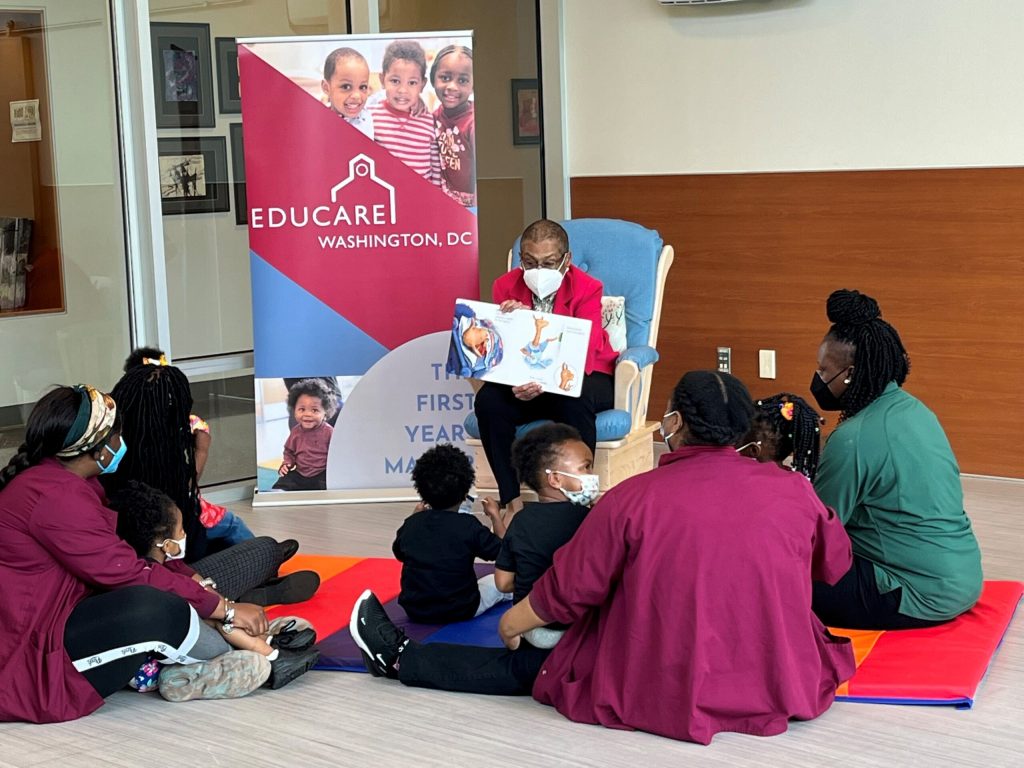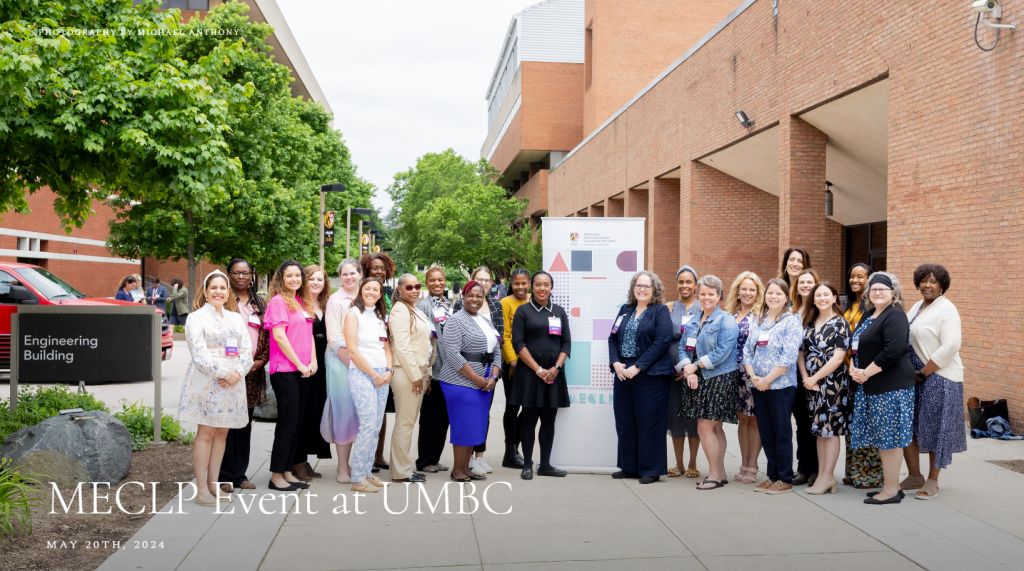
DC Action uses research, data, and a racial equity lens to break down barriers that stand in the way of all kids reaching their full potential. DC Action houses and provides backbone support for the Under 3DC coalition, which works toward a more equitable and just DC for families with young children to thrive.
DC Girls’ Coalition (DCGC) works to elevate and amplify the voices of young women, girls, femmes, non-conforming, and young women/girls of color of trans experience in the District of Columbia. DCGC, comprised of youth-serving and advocacy organizations, adopts and fights to implement policy recommendations that center their leadership and address their needs.

Educare D.C. works to eliminate the achievement gap for young children in poverty and give them the skills necessary for success in kindergarten and beyond.

Healthy Babies Project (HBP) is transforming the lives of D.C.’s pregnant and parenting youth through targeted case management and peer support — empowering them to build strong families and stable, healthy futures.

Martha’s Table believes every Washingtonian deserves the opportunity to thrive. Their “Baby and Me” program provides wraparound, in-person services such as monthly cohort sessions, access to food, baby supplies, and clothing, as well as community events that support resource navigation.

MECLP believes that developing and supporting strong leaders equipped to lead innovation and change in early childhood systems, policies, and legislation will catalyze positive change and significantly improve school readiness and related outcomes for early learners, particularly disadvantaged and vulnerable children and their families.

SheRises reaches, inspires, strengthens, and empowers young mothers and their children in Maryland and DC through mentoring, collegiate, community, and other resource support. They provide a supportive environment for young mothers and their children to R.I.S.E.

The National Association to Advance Black Birth stands firmly on promoting midwives, doulas, other birth workers, and training programs to improve the care of Black women, persons and infants.